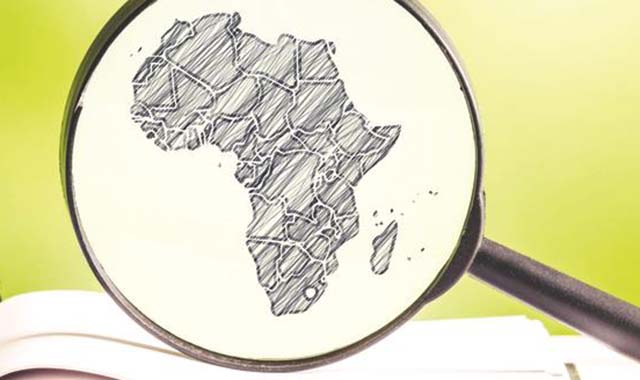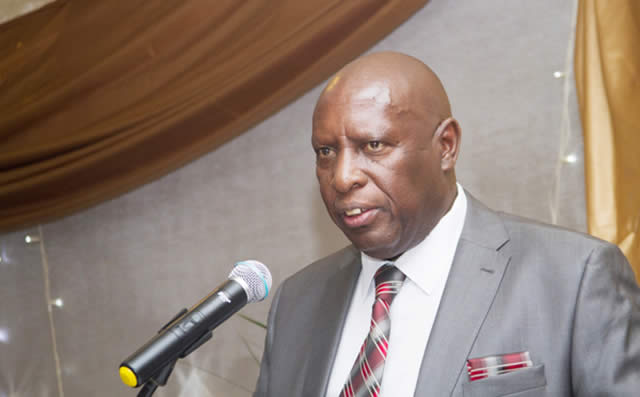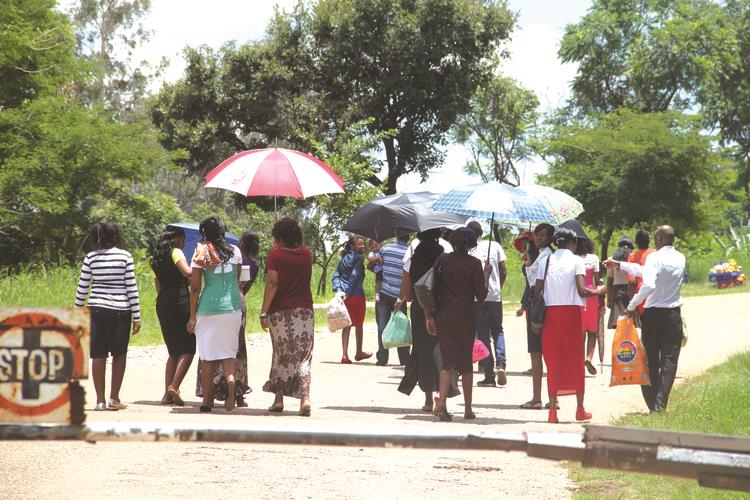Our Africa: Fare thee well 2016

Isdore Guvamombe Reflections —
Well, it has been a splendid year for Africa in general and the African people in particular. The year 2016 is when Africa was at its loudest in forging unit at the international fora and it has also been loudest in demanding its position in the world by requesting fair treatment and equitable deployment on positions at the United Nations. Those with ears heard Africa loud and clear! It is time for Africa.
The demand for UN reforms have never been louder than they have been demanded in 2016. Africa has also displayed ideological clarity in terms of self-governance, democracy and accountability and the right to explore its vast natural resources as well as doing business with fair players.
The African Union Court of justice started work in earnest by convicting Chad’s ex-ruler Hissene Habre over crimes against humanity and sentenced him to life in prison at a landmark trial in Senegal.
The judge convicted Habre for rape, sexual slavery and ordering killings during his rule from 1982 to 1990.
Victims and families of those killed cheered and embraced each other in the courtroom after the verdict was given. It was the first time an African Union-backed court had tried a former ruler for human rights abuses.
Habre, who received strong backing from the US while in power, accepted the ruling. The ruling left the US with an egg splashed on its face.
“This is a historic day for Chad and for Africa. It is the first time that an African head of state has been found guilty in another African country,” Yamasoum Konar, a representative of one of the victims’ groups, told the BBC.
Well this was a welcome development as it shows seriousness on the part of Africa to deal with its own issues and manage its own politics.
It is the same year that the AU standby Brigade took shape, with Africa taking matters of internal security into its own hands. Africa has realised the need to come up with its own military outfits to deal with troubled sports. This has been long overdue, but 2016 saw the greatest seriousness that could turnaround the fortunes of the continent, given the appetite by foreign military outfits like NATO and AFRICOM to feed on Africa’s conflict zones.
Africa also took a serious plunge into regional cooperation and managed to resolve various conflicts on the continent and the religious holding of AU Summits as well as regional bloc summits gave African leaders the much needed depth, impetus and unit of purpose.
AU has strengthened unit of purpose by coming up with a committee on posting of Africa’s labour force to international organisations. The committee which sits at every AU summit, decided Africa’s candidates to international positions. For example in Kigali, Rwanda in July 2016 the AU committee on international posting approved the candidature of Zimbabwe’s Minister of Tourism and Hospitality Industry Engineer Walter Mzembi for the post of United Nations World Tourism Organisation (UNWTO) secretary-general.
This move avoids conflicts and sending two candidates from the continent for the same job. It is a welcome development and bring unit of purpose to Africans. Once the committee approves candidature and heads of state endorse, no member country can override the decision or contest it. The candidate becomes the continent’s candidate.
On a people-centric approach religious tourism took centre stage, with many prophets emerging and treating people from across the continent regardless of their background or nation. However, the mushrooming of these prophets real or fake, must be controlled or managed at continental level.
Cross-border religious crusades and religious gatherings have become common and with them comes the threat to human life and the threat to national security.
If anything 2016 became a hotbed for a manifestation of too many prophets, some of them dabbling in politics and religious extremism.
When you look back at 2016, it will be folly not to thank the African leaders for maintaining peace and stability. It is the year when there was concerted effort to thwart Boko Haram and other religious fanatics; the year when the conflict in Mali was resolved.
But 2016 ended on a sad note with the political developments in the Democratic Republic of Congo, where more than 20 people died in mass demonstrations against President Joseph Kabila’s continued rule after his term expired on December 19. The developments, though covered by the constitution, means Africa still has a lot to do to avoid unnecessary deaths of its citizenry, especially when the people are abused by foreign hands to die opposing what can be avoided.










Comments